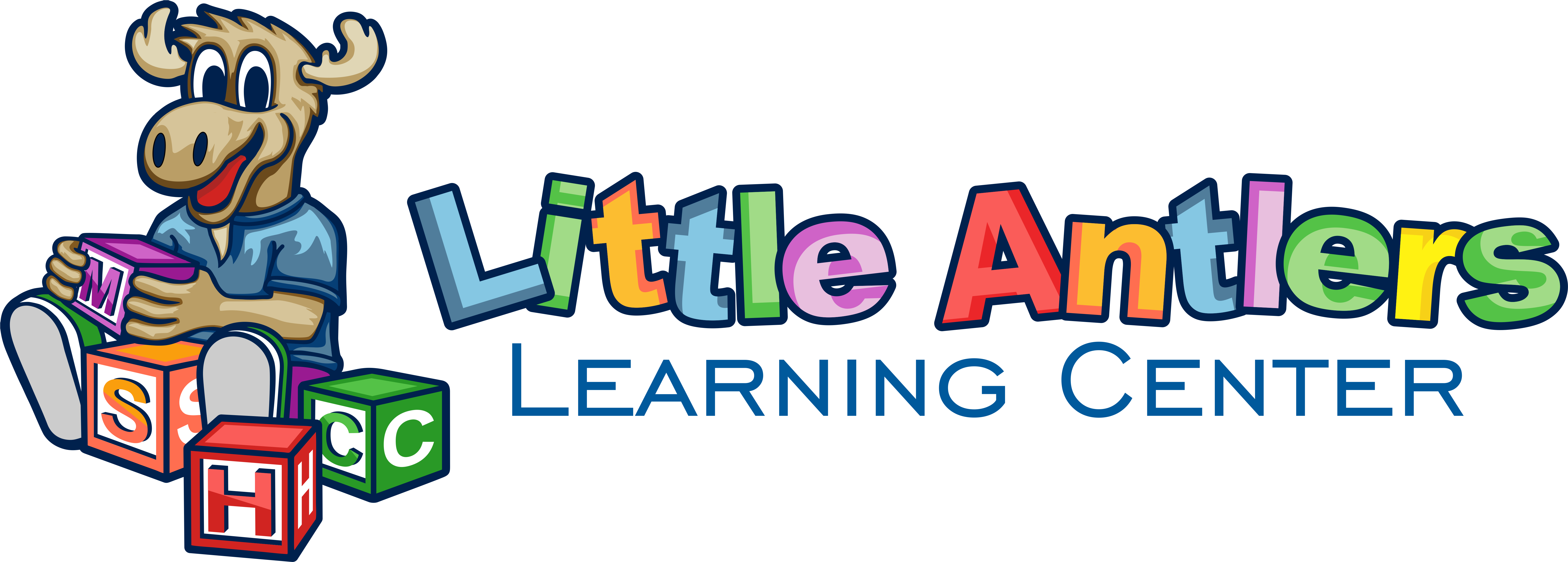Poison Prevention Week is March 18 – 24, 2018 and it is a great time to raise awareness about the dangers of poisons found in and around our homes. According to the American Association of Poison Control Centers, more than 2 million poisonings are reported each year across the country. More than 90 percent of these poisonings occur in the home. The majority of non-fatal poisonings occur in children younger than six years old. And, poisonings are one of the leading causes of death among adults.
A poison is any substance that is harmful to your body when ingested (eaten), inhaled, injected, or absorbed through the skin. Any substance, including medications, can be poisonous if too much is taken. Here are some poisoning prevention tips for you, your family, and friends.
Drugs and Medicines: Follow directions on the label when you give or take medicines. Read all warning labels. Some medicines cannot be taken safely when you take other medicines or drink alcohol.
Turn on a light when you give or take medicines at night, so that you know you have the correct amount of the right medicine. Keep medicines in their original bottles or containers. Never share or sell your prescription drugs. Keep all prescription medicines (especially opioid pain medications, such as those containing methadone, hydrocodone, or oxycodone), over-the-counter medicines (including pain or fever relievers and cough and cold medicines), vitamins and herbals in a safe place that can only be reached by people who take or give them. Monitor the use of medicines prescribed for children and teenagers, such as medicines for attention deficit disorder (ADD). Dispose of unused, unneeded, or expired prescription drugs following the federal guidelines for how to do this or find a local Drug Drop Box. Visit the State of New Hampshire Environmental Services for detailed information about proper disposal and list of drop box locations at www.nh.gov/medsafety
Household Chemicals: Always read the label before using a product that may be poisonous. Keep chemical products in their original bottles or containers. Do not use food containers such as cups, bottles, or jars to store chemical products such as cleaning solutions or beauty products. They may leak or be mistaken for something they are not. Never mix household products together; they can cause chemical reactions that can be harmful. For example, mixing bleach and ammonia can result in toxic gases. Wear protective clothing (gloves, long sleeves, long pants, socks, shoes) if you are working with strong chemicals or sprays. Turn on the fan and open windows when using chemical products such as household cleaners.
Preventing carbon monoxide exposure tips: Have your heating system, water heater and any other gas, oil, or coal burning appliances serviced by a qualified technician every year. Install a battery-operated CO detector in your home and check or replace the battery when you change the time on your clocks each spring and fall. If the detector sounds, leave your home immediately and call 911. Be sure to seek prompt medical attention if you suspect CO poisoning and are feeling dizzy, light-headed, or nauseous. Don’t use a generator, charcoal grill, camp stove, or other gasoline or charcoal-burning device inside your home, basement, or garage or near a window. Don’t run a car or truck inside a garage attached to your house, even if you leave the door open. Don’t burn anything in a stove or fireplace that isn’t vented. Don’t heat your house with a gas oven.
Keeping children safe from poisoning is something we all should consider, especially households with young children. Here are a few tips on keeping children safe from poisoning. Be smart about storage – store all medicines and household products up and away and out of sight in a childproof cabinet where a child cannot reach them. Be aware when you are taking or giving medicines or are using household products. Do not put your next dose on the counter or table where children can reach them—it only takes seconds for a child to get them. We are all so busy, if you have to do something else while taking medicine, such as answer the phone, take any young children with you. Be sure and secure the child safety cap completely every time you use a medicine. After using them, do not leave medicines or household products out. As soon as you are done with them, put them away and out of sight in a childproof cabinet where a child cannot reach them. Be aware of any legal or illegal drugs that guests may bring into your home. Ask guests to store drugs where children cannot find them. Children can easily get into pillboxes, purses, backpacks, or coat pockets. Keep your pets in mind as well!
Sometimes even with all the best prevention, poisoning happens. Please be prepared! Put the poison control number, 1-800-222-1222, on or near every home telephone and save it on your cell phone. The line is open 24 hours a day, 7 days a week.
This article was adapted from the CDC’s “Injury Prevention & Control: Home and Recreational Safety: Tips to Prevent Poisonings”, “Carbon Monoxide Poisoning – Prevention Guidelines” and “Policy Impact: Prescription Painkiller Overdoses” web pages which can be in their entirety on the CDC’s website or visiting poisonprevention.org for more information.
